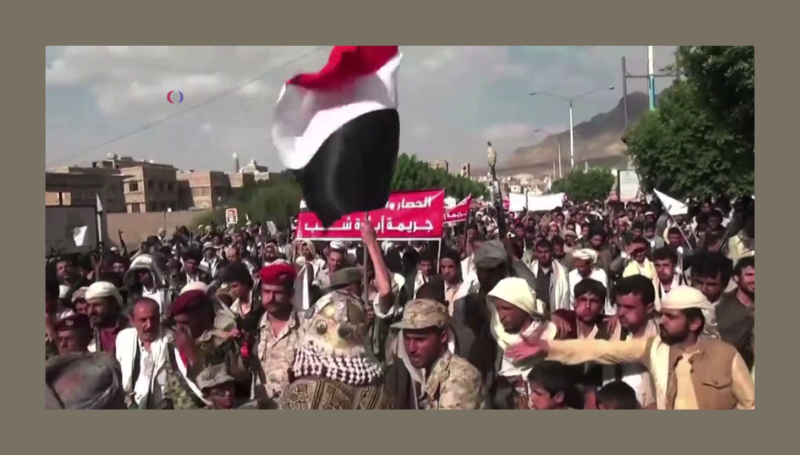Mohammad Ayatollahi Tabaar
Foreign Affairs, Jan. 29, 2024
“… as Yemen descended into warfare, the Houthis became a highly motivated and formidable military force, capturing large amounts of land. Today, Houthis control two-thirds of Yemen’s 34 million people and a third of the country’s territory—land they took even in the face of an intensive bombing campaign by Saudi Arabia and the United Arab Emirates.”
Since November, the Red Sea has become the site of escalating attacks by Yemen’s Houthi movement, the armed group that governs most of Yemen’s population. These assaults, which the Houthi rebels say are designed to pressure Israel to end the war in Gaza, mark the emergence of a new conflict zone in the already volatile Middle East. By effectively closing the sea to cargo ships, the strikes have disrupted global trade and earned the Houthis unprecedented international attention.
The attacks have done an especially good job of earning the Houthis attention—and support—from Iran. Traditionally, the militia has been a second-tier partner for the Islamic Republic, which tends to work more closely with Hezbollah and other militia groups that share its anti-American ideology. But Iran desperately wants to increase its power in the Red Sea so it can stop the U.S. Navy from seizing its oil tankers as they evade Western sanctions, and the Houthis have proved that they can project power across the entire body of water. They have also proved they can distract and damage Iran’s three main regional rivals: Israel, Saudi Arabia, and the United Arab Emirates. The Houthis are fast becoming a central part of Tehran’s “axis of resistance.” In fact, they could soon be its most pivotal member.
For the Houthis, this deepening partnership comes at the perfect time. The group has already made itself the sole political and military force in Yemen’s capital, Sanaa. With additional moral and material support, external and internal alike, it could capture the whole country and become a proper state actor. In fact, the attacks on Red Sea ships are part of the Houthis’ state-building mission. By declaring that its strikes are in defense of the Palestinians, the Houthis are trying to bolster their popularity among Yemenis. By holding up global commerce, the group hopes it can transform the Arab world’s most impoverished country into a powerful military force. … [To read the full article, click here]


